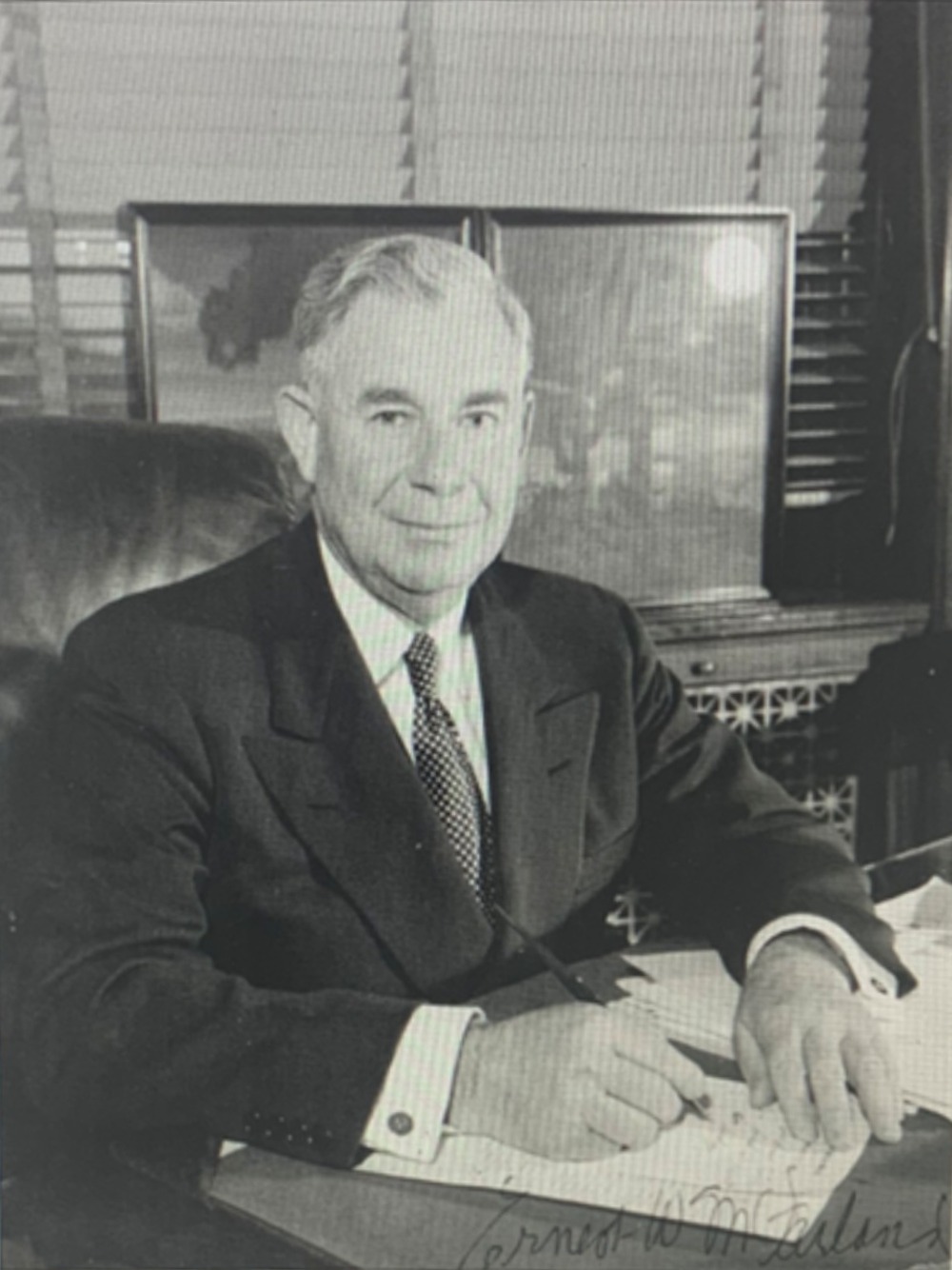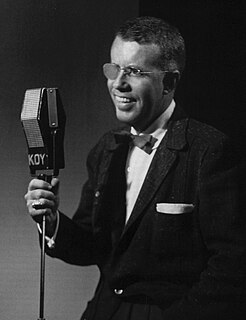
The 1970 United States Senate election in New York was held on November 3, 1970. Incumbent Republican U.S. Senator Charles Goodell, who had been appointed to the seat by Governor Nelson Rockefeller in 1968 following the assassination of Sen. Robert F. Kennedy, sought a full term. Goodell was challenged by Democrat Richard Ottinger and Conservative James Buckley. Buckley prevailed.

The 1958 United States Senate elections in Arizona took place on November 4, 1958. Incumbent Republican U.S. Senator Barry Goldwater ran for reelection to a second term, and defeated former U.S. Senator, and then-Governor, Ernest McFarland in the general election. The election was a virtual rematch from 1952, where Goldwater defeated McFarland by a narrow margin. Goldwater had attributed the win to the unpopularity of President Harry S. Truman and popular Wisconsin Senator Joseph McCarthy endorsing his campaign.

The 1920 United States Senate elections in Arizona took place on November 2, 1920. Incumbent Democratic U.S. Senator Marcus A. Smith ran for reelection to a third term, but was defeated by former Delegate to the U.S. House of Representatives from the Arizona Territory Ralph H. Cameron in the general election. Cameron would become the first Republican elected to the office of U.S. Senator from Arizona since the state joined the union in 1912. The same year, Republican Governor Thomas Edward Campbell was reelected to a second term.

The 1916 United States Senate elections in Arizona took place on November 7, 1916. Incumbent Democratic U.S. Senator Henry F. Ashurst ran for reelection to a second term, defeating Republican former Territorial Governor Joseph H. Kibbey in the general election by a comfortable margin.

The 1932 Arizona gubernatorial election took place on November 8, 1932. Incumbent Governor George W. P. Hunt ran for the Democratic nomination, but lost in the primary to Benjamin Baker Moeur, whose pre-gubernatorial experience included service as the Secretary of the Board of Education for Arizona State Teacher's College, which would later become Arizona State University.

The 1934 Arizona gubernatorial election took place on November 6, 1934. Incumbent Governor Benjamin Baker Moeur ran for reelection, he was challenged by former governor George W. P. Hunt and future Governor Rawghlie Clement Stanford in the Democratic primary, but he defeated both of them by a comfortable margin.

The 1936 Arizona gubernatorial election took place on November 3, 1936. Incumbent Governor Benjamin Baker Moeur ran for reelection, but he was defeated in the Democratic primary by former judge of the Maricopa County Superior Court Rawghlie Clement Stanford.

The 1938 Arizona gubernatorial election took place on November 8, 1938. Incumbent Governor Rawghlie Clement Stanford declined to run for reelection, with pharmacy and cattle ranch owner Robert Taylor Jones winning the Democratic nomination to succeed Stanford.

The 1940 Arizona gubernatorial election took place on November 5, 1940. Incumbent Governor Robert Taylor Jones ran for reelection but was defeated in the Democratic primary by former Secretary of State Sidney Preston Osborn, whom Jones had previously defeated in 1938.

The 1942 Arizona gubernatorial election took place on November 3, 1942. Incumbent Governor Sidney Preston Osborn ran for reelection, and easily defeated a challenge from former Governor Robert Taylor Jones in the Democratic primary, who Osborn also defeated in 1940.

The 1944 Arizona gubernatorial election took place on November 7, 1944. Incumbent Governor Sidney Preston Osborn ran for reelection, and easily won the Democratic primary, with only token opposition as former Governor Robert Taylor Jones declined to challenge Osborn to a rematch following two losses, in 1940 and 1942.

The 1952 Arizona gubernatorial election took place on November 4, 1952. Incumbent Governor John Howard Pyle, the first Republican elected to the office in two decades, ran for reelection to a second term.

The 1956 Arizona gubernatorial election took place on November 6, 1956. Incumbent Governor Ernest McFarland ran for reelection to a second term. Ernest McFarland defeated longtime The Arizona Republic journalist and Republican nominee Horace B. Griffen in the general election by a wide margin.

The 1960 Arizona gubernatorial election took place on November 8, 1960. Incumbent governor Paul Fannin ran for reelection against former Democratic state representative Lee Ackerman in the general election, easily winning a second term. Fannin was sworn into his second term on January 3, 1961. Both candidates ran unopposed in their respective party's primary.

The 1962 Arizona gubernatorial election took place on November 6, 1962. Incumbent Governor Paul Fannin ran for reelection against President of the Western Conference of United Funds Samuel Pearson Goddard in the general election, winning a third consecutive term, a first for a Republican Governor in Arizona. Fannin was sworn into his third term on January 1, 1963.

The 1964 Arizona gubernatorial election took place on November 3, 1964. Incumbent Governor Paul Fannin decided not to run for reelection to a fourth term as governor, instead deciding to successfully run for the United States Senate when incumbent U.S. Senator Barry Goldwater decided to run for President of the United States.

The 1966 Arizona gubernatorial election took place on November 8, 1966. Incumbent Governor Samuel Pearson Goddard ran for reelection to a second term as Governor, narrowly winning the Democratic Party nomination as he was challenged by Justice of the Peace Norman Green.

The 1970 Arizona gubernatorial election took place on November 3, 1970. Incumbent Governor Jack Williams ran for reelection to a third term as Governor. United States Ambassador to Bolivia Raúl Héctor Castro won the Democratic nomination, and narrowly lost the general election to Williams by 1.78%. Williams was sworn into his third and final term as Governor on January 5, 1971.

The 1974 Arizona gubernatorial election took place on November 5, 1974. Incumbent Governor Jack Williams decided not to run for a fourth term as governor. Former United States Ambassador to Bolivia Raúl Héctor Castro, who was the Democratic nominee in 1970, won the Democratic nomination again in 1974, and narrowly won the general election, defeating Republican nominee Russell Williams by 0.85%. Castro was sworn into his first and only term as governor on January 6, 1975.

The Illinois gubernatorial election of 1968 was held in Illinois on November 5, 1968. The Democratic nominee, incumbent Governor Samuel H. Shapiro, lost reelection to the Republican candidate, Richard B. Ogilvie.



















